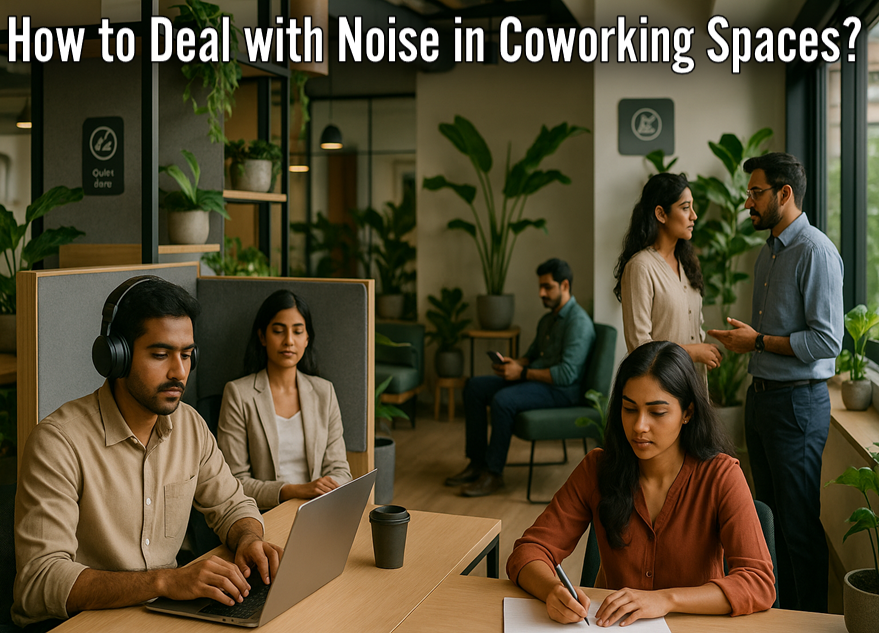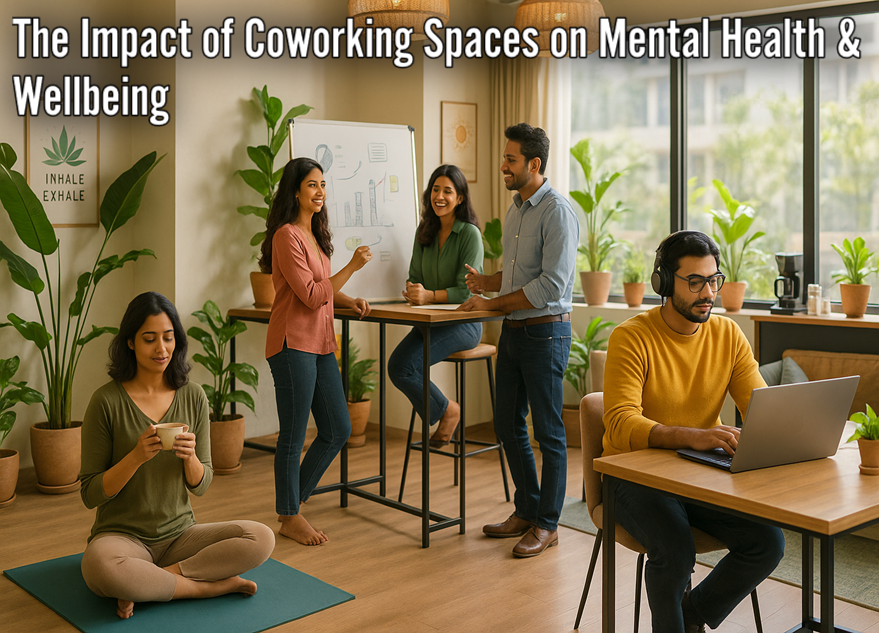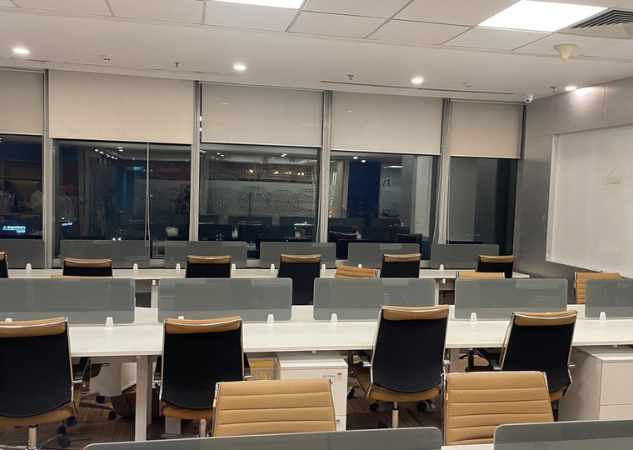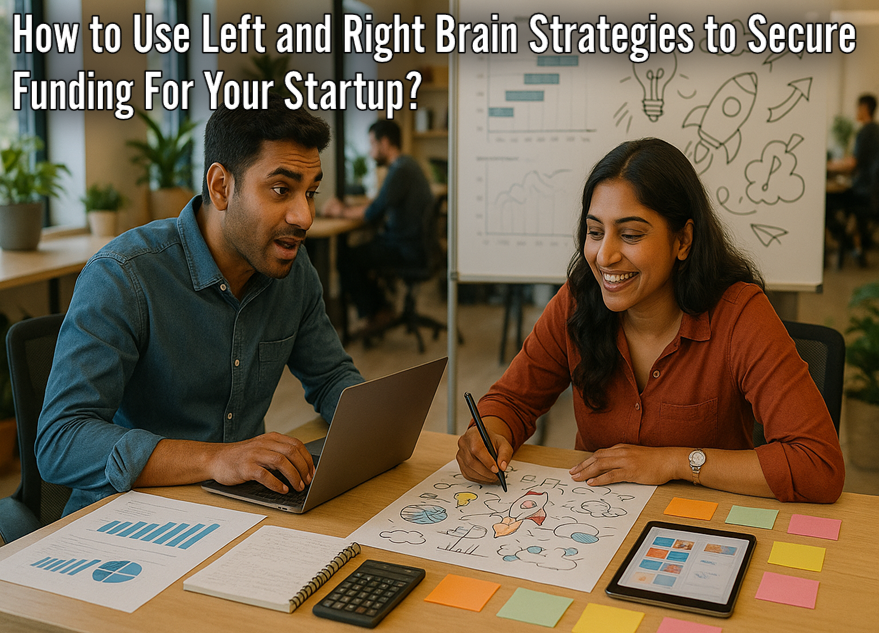Working in a coworking space has its perks, but noise can sometimes be a challenge. From lively discussions to phone calls, the buzz of activity may disrupt your focus. However, with the right strategies, you can minimize distractions and maintain productivity. In this blog, we will explore practical tips to deal with noise in coworking spaces, ensuring you make the most of your shared workspace. Whether it’s setting boundaries or using noise-canceling tools, find out how to create a peaceful work environment amidst the hustle.
💡 Are you looking for Coworking space in Gurgaon, Noida or Delhi? We are just a call away.
Call Now: 08999 828282
10 Best Tips to Deal with Noise in Coworking Spaces
- Use Noise-Canceling Headphones
- Find a Quiet Spot
- Communicate with Colleagues
- Set Boundaries
- Take Breaks Strategically
- Use White Noise Apps
- Plan Your Work Hours
- Create a Noise Policy
- Opt for Private Spaces
- Practice Self-Discipline
1. Use Noise-Canceling Headphones
Noise-canceling headphones are your best friend in a noisy coworking environment. These headphones are designed to block out background noise, letting you focus on your work. Whether it’s music, white noise, or silence, you can create your ideal soundscape. Many professionals swear by this tool as it helps them work peacefully even in the noisiest settings.
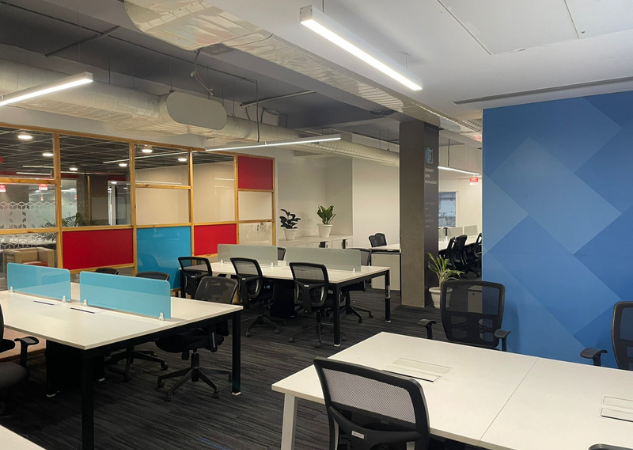
2. Find a Quiet Spot
Most coworking spaces offer quiet zones or areas specifically meant for focused work. If you’re easily distracted, locate a seat away from high-traffic areas like the entrance, pantry, or meeting rooms. Sitting near walls or corners can also reduce noise exposure, giving you a quieter space to focus.
3. Communicate with Colleagues
Sometimes, the noise may come from a specific person or group. If that’s the case, don’t hesitate to address it politely. For example, you could say, “Excuse me, I’m working on something urgent and finding it hard to concentrate. Could we keep it a bit quieter here?” Most people are understanding and will adjust their volume.
Also Read: What are the Benefits of Coworking Space in Noida?
4. Set Boundaries
Establishing boundaries can signal your need for quiet time. Wearing headphones, even without playing anything, is a universal sign that you’re not open to interruptions. Similarly, using a small sign on your desk that says “Focused Work in Progress” can help set expectations without verbal communication.
5. Take Breaks Strategically
Noise can feel overwhelming if you’re stuck in the same spot for hours. Take regular breaks to step outside or visit quieter areas. A short walk, some fresh air, or even relocating to a nearby café can refresh your mind and make it easier to cope with a noisy environment when you return.
6. Use White Noise Apps
If noise-canceling headphones aren’t your style, try white noise apps or machines. These tools produce calming background sounds, such as rainfall, ocean waves, or soft hums, which mask unwanted noises. White noise is especially helpful in balancing out inconsistent noises like sudden laughter or ringing phones.
7. Plan Your Work Hours
Identify the less busy hours in your coworking space. Early mornings or late afternoons are typically quieter, making them ideal for focused work. By adjusting your schedule to align with these times, you can avoid the peak hours when noise is at its worst.
8. Create a Noise Policy
If you’re a regular member of a coworking community, suggest a noise policy during group meetings or feedback sessions. A noise policy could include rules like taking phone calls in designated areas, using headphones for media, or limiting loud conversations. Most coworkers appreciate these policies as they benefit everyone.
💡 Are you looking for Coworking space in Gurgaon, Noida or Delhi? We are just a call away.
Call Now: 08999 828282
9. Opt for Private Spaces
For tasks requiring intense focus or confidentiality, book a private cabin or meeting room. Many coworking spaces offer these options for individuals or small groups. Using these spaces not only reduces distractions for you but also minimizes noise for others in the shared areas.
10. Practice Self-Discipline
Adapting to a shared workspace involves mental discipline. Train yourself to focus despite minor distractions. Techniques like deep breathing, mindfulness, or the Pomodoro method can help improve your concentration. Over time, you’ll find it easier to work effectively even in less-than-ideal conditions.
Finding ways to manage noise in coworking spaces is essential for maintaining productivity and focus. By using strategies like noise-canceling headphones, scheduling tasks wisely, and communicating effectively, you can create a more comfortable work environment. Choosing the right coworking space also plays a significant role. The Office Pass (TOP) offers thoughtfully designed coworking spaces equipped with modern amenities and quiet zones to support your work needs. With TOP, you get the perfect balance of collaboration and tranquility, ensuring a productive and stress-free experience. Explore TOP today for a workspace that prioritizes your comfort and efficiency! Reach out at 08999 828282 to book your space today!
FREQUENTLY ASKED QUESTIONS (FAQS):
Question: Why is noise a common issue in coworking spaces?
Answer: Coworking spaces are shared environments with multiple people working on different tasks. Conversations, phone calls, and general movement can lead to noise. It’s natural in such collaborative settings.
Question: What can I do if the noise level is too high?
Answer: If noise becomes overwhelming, try using noise-canceling headphones or earplugs. These can help block out distractions and create a quieter personal space.
Question: Can I ask others to lower their noise?
Answer: Yes, you can politely request someone to lower their volume. Make sure to approach them kindly and explain how the noise is affecting your work.
Question: Are coworking spaces supposed to have quiet zones?
Answer: Many coworking spaces have designated quiet zones or phone booths for calls. Check if your workspace offers these areas and use them when needed.
Question: How can I adapt to a noisy coworking space?
Answer: Creating a personal routine can help. Use music or white noise apps to mask distractions. Additionally, schedule your most focused tasks during quieter hours.
Question: What should I do if someone doesn’t respect quiet zones?
Answer: Inform the coworking space manager about the issue. They are responsible for maintaining a balanced and respectful environment.
Question: What type of headphones work best for noisy coworking spaces?
Answer: Noise-canceling headphones or in-ear earbuds with good sound isolation are great options. They allow you to focus without hearing surrounding noise.
Question: Is working from a café better than a noisy coworking space?
Answer: It depends. Cafés can also be noisy and unpredictable. Coworking spaces usually offer better amenities, such as desks, power outlets, and reliable Wi-Fi.
Question: Can coworking spaces take steps to manage noise?
Answer: Yes, coworking spaces can add soundproofing materials, create designated zones for loud activities, and establish rules to minimize noise disruptions.
Question: Should I consider switching coworking spaces if noise is a constant problem?
Answer: If the noise persists despite efforts to manage it and it impacts your productivity, consider switching to a coworking space known for a quieter atmosphere.


